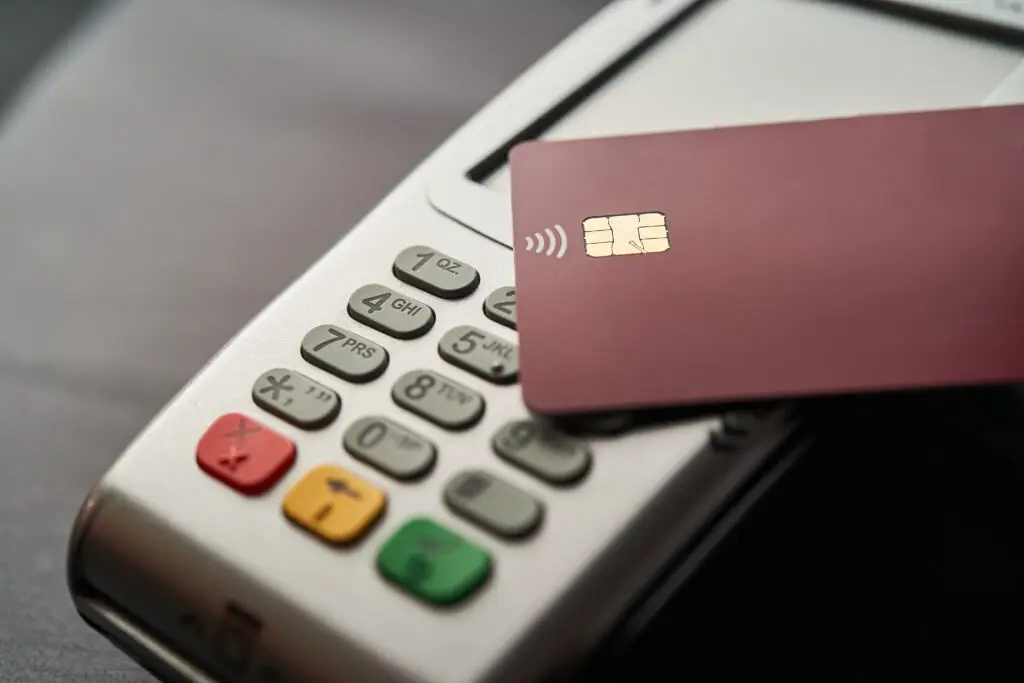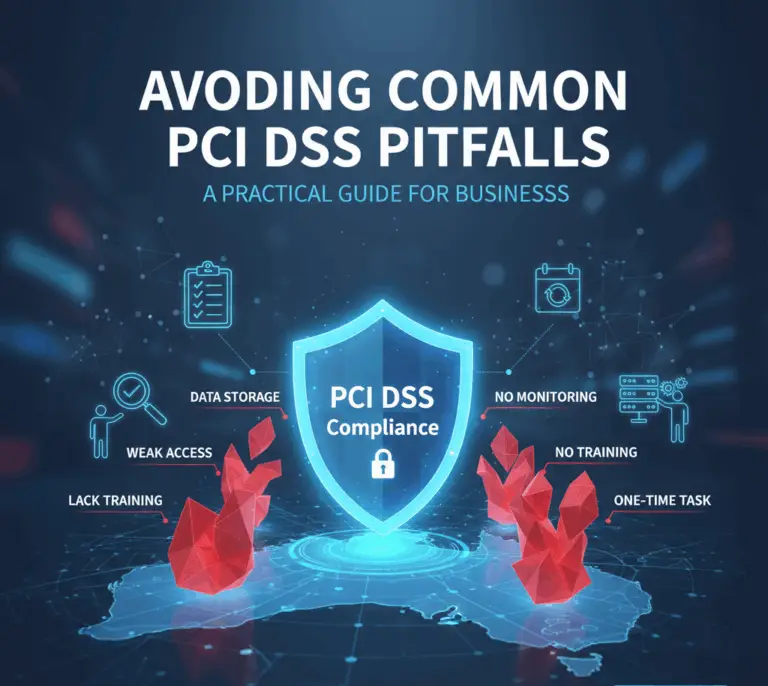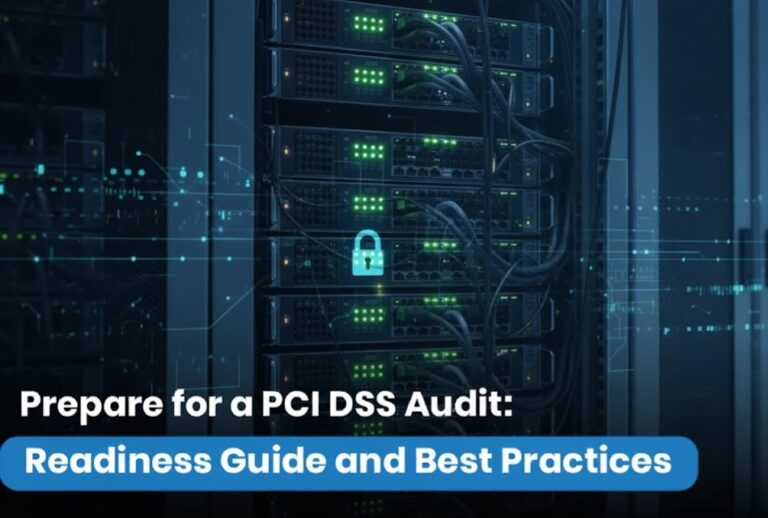
In the contemporary digital era, technological advancements have revolutionized business operations. However, these innovations have also introduced a dynamic landscape of cyber threats and vulnerabilities. Consequently, the necessity for robust cyber security measures has never been more pronounced. One of the most efficacious strategies to prevent security lapses is the implementation of external cyber security audits.
1. The Importance of Cyber Security
Cyber security is the practice of safeguarding systems, networks, and programs from digital attacks. These cyberattacks often aim to access, alter, or destroy sensitive information, extort money, or disrupt normal business processes. As the frequency and complexity of cyberattacks escalate, the need for comprehensive security measures becomes paramount.
Cyber security encompasses a wide array of practices and disciplines, including network security, application security, information security, and end-user education. Organizations must adopt a multi-faceted approach to protect their assets and ensure the integrity, confidentiality, and availability of their data.
2. What is an External Cyber Security Audit?
An external cyber security audit is a meticulous and independent examination of an organization’s cyber security posture, conducted by a third-party entity. The primary objective is to identify vulnerabilities, evaluate the effectiveness of existing security measures, and provide recommendations for enhancing overall security.
External audits typically involve several steps, including:
Planning: Understanding the scope and objectives of the audit.
Assessment: Conducting a detailed analysis of the organization’s security policies, procedures, and practices.
Testing: Performing vulnerability assessments and penetration testing to identify weaknesses in the system.
Reporting: Documenting findings and providing actionable recommendations to address identified vulnerabilities.
Follow-up: Ensuring that corrective actions are implemented and validated.
3. Advantages of External Cyber Security Audits
Engaging an external auditor provides numerous advantages, including:
– Unbiased Perspective: External auditors offer an impartial assessment of an organization’s security posture. Unlike internal teams, who might overlook certain vulnerabilities due to familiarity or bias, external auditors bring a fresh and objective perspective. Their independence ensures a more comprehensive and accurate evaluation of security measures.
– Expert Insight: External auditors are typically experienced professionals with specialized knowledge in cyber security. They stay abreast of the latest threats, trends, and best practices in the field. This expertise enables them to identify vulnerabilities that internal teams might miss and recommend advanced solutions to mitigate risks.
– Enhanced Security: The primary goal of an external audit is to identify and address vulnerabilities before they can be exploited by malicious actors. By proactively uncovering weaknesses, organizations can take corrective actions to fortify their defenses and diminish the likelihood of security breaches. This proactive approach is critical in maintaining a robust security posture.
– Compliance and Regulatory Requirements: Many industries are subject to stringent regulatory requirements and standards, such as the General Data Protection Regulation (GDPR), the Health Insurance Portability and Accountability Act (HIPAA), and the Payment Card Industry Data Security Standard (PCI DSS). External cyber security audits assist organizations in ensuring compliance with these regulations, thereby avoiding potential fines and legal consequences.
– Building Trust and Credibility: A successful external audit demonstrates an organization’s commitment to cyber security. This commitment can enhance trust and credibility with customers, partners, and stakeholders. Organizations that prioritize security are more likely to attract and retain clients who value data protection and privacy.
4. Case Study
The Impact of an External Cyber Security Audit
To illustrate the significance of external cyber security audits, consider the case of a multinational corporation that experienced a significant data breach. The breach resulted in the exposure of sensitive customer information and caused substantial financial and reputational damage.
The corporation engaged an external auditor to conduct a comprehensive cybersecurity audit in response to the breach. The audit revealed several critical vulnerabilities in the organization’s network and application security. The external auditor provided detailed recommendations for addressing these vulnerabilities, including implementing advanced encryption protocols, enhancing access controls, and conducting regular security training for employees.
By adhering to the auditor’s recommendations, the corporation significantly improved its security posture. Subsequent audits confirmed that the implemented measures had effectively mitigated the identified risks. The organization regained the trust of its customers and partners, and its reputation was restored.
5. Conclusion
In an era where cyber threats are continuously evolving, the importance of robust cyber security measures cannot be overstated. External cyber security audits play a pivotal role in identifying vulnerabilities, enhancing security, and ensuring compliance with regulatory requirements. By providing an unbiased and expert assessment, external auditors assist organizations in fortifying their defenses and preventing security lapses. Ultimately, investing in external cyber security audits is a proactive and strategic approach to safeguarding valuable assets and maintaining the trust of customers and stakeholders.
As businesses continue to navigate the complexities of the digital landscape, they must prioritize cyber security as a critical component of their operations. External cyber security audits are an indispensable tool in this endeavor, offering a pathway to a more secure and resilient future.

If your business processes credit or debit card payments, PCI

Navigating Your PCI DSS Audit: A No-Nonsense Guide for Aussie

PCI DSS QSA audit Australia — In today’s digital economy,